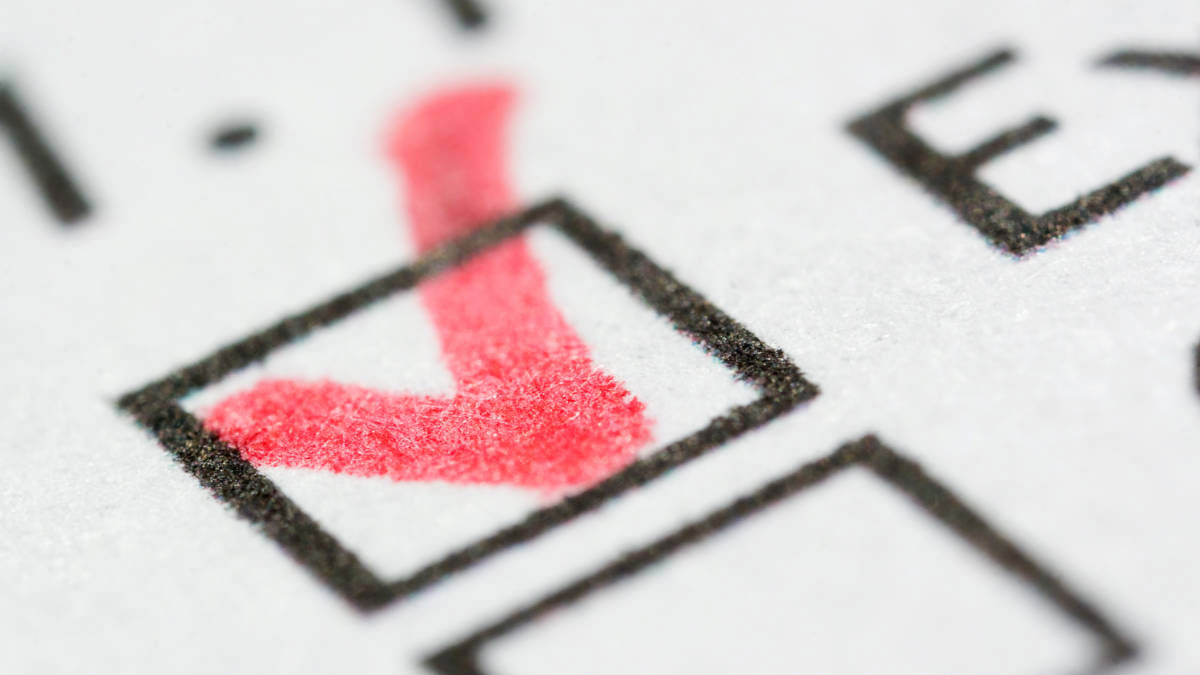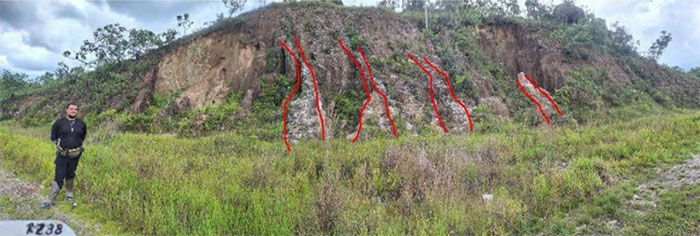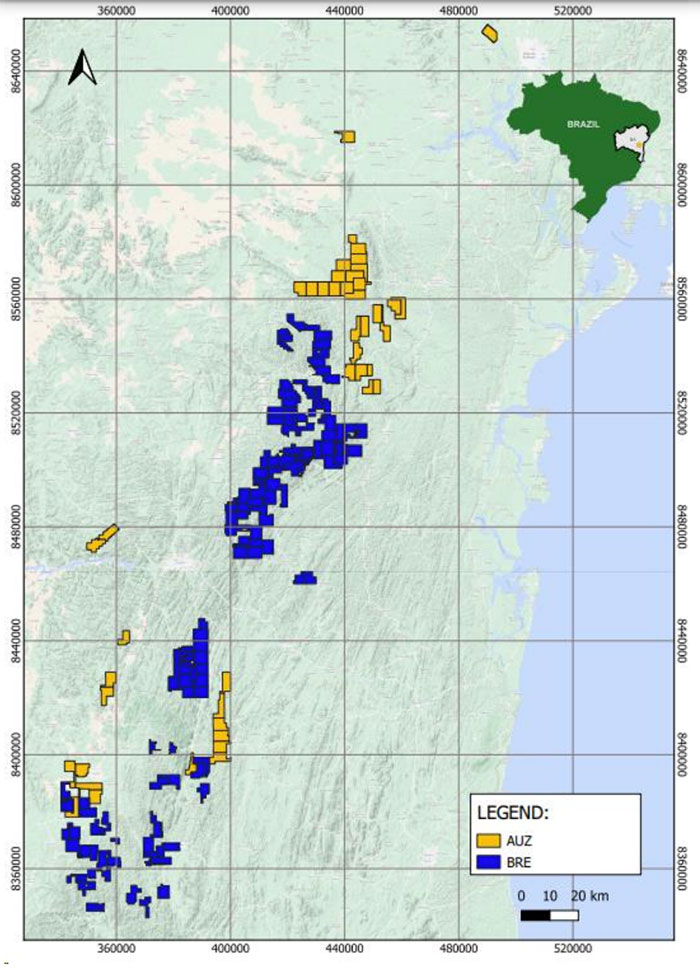First tick in the box for Australian Mines in Brazil

Australian Mines has reported a positive start to exploration for lithium in Brazil. Pic via Getty Images
- Australian Mines continues to advance its new Brazilian-focused strategy
- Initial work at the Resende lithium project confirms the potential to host same mineralisation as nearby Mibra mine
- Preliminary exploration has begun at Jequie, right next door to the monster 510Mt deposit owned by the Gina Rinehart-backed Brazilian Rare Earths
Special Report: Australian Mines has made a positive start to exploration at the Resende lithium project it is looking to acquire as part of its Brazilian-focused rebirth.
Located in the Tier 1 mining-friendly jurisdiction of Minas Gerais, Resende sits just 17km west of AMG Lithium’s operating Mibra mine, which is revered for churning out 130,000t of lithium concentrate annually.
Australian Mines (ASX: AUZ) announced early last month it was acquiring Resende and the Jequie niobium and rare earths project in the state of Minas Gerais and Bahia respectively, and would also be changing its name to EcoMetal Resources to reflect its growing exposure to battery metals.
Jequie is immediately adjacent to the monster 510Mt Rocha de Rocha rare earths project which is the flagship asset of the newly listed, Gina Rinehart-backed Brazilian Rare Earths (ASX: BRE).
Resende passes the first test
Initial exploration work at Resende has confirmed the presence of intrusive pegmatitic phases associated with the Ritapolis Pluton which hosts the mineralisation at the nearby Mibra mine.
Airborne geophysics also showed the same corridor of deep-seated NW-SW trending regional controlling structures seen at Mibra, extending to, and traversing, the Resende concession package.

“Despite the presence of an in-situ regolith cap, we are very pleased with these initial outcomes as it confirms our expectation of potential pegmatitic mineralisation,” AUZ chief executive Andrew Nesbitt said.
“As soon as we get the sampling results, we will be in a position to plan a cost-effective geochemical program to develop targets for follow-up trenching and drilling.”
The Resende project comprises eight mineral claims across a total aggregate land holding of ~133km2 and is hosted in the Sao Joao del Rey province which is characterised by numerous pegmatite bodies of varying mineralogical composition – primarily spodumene but also beryl, tantalite-columbite and monazite.
Several historically mapped pegmatite and tantalum occurrences have been noted within the boundaries of the exploration licences but never properly tested for lithium.
Now to test Jequie’s potential
Preliminary exploration has kicked off at the Jequie project, including the all-important “ground truthing” of numerous regional geophysical anomalies located within the licence areas.

AUZ expects the project to benefit from the infrastructure developed in the region as a result of several established, large-scale mining operations in the vicinity. This includes a major deep-water port within 200km and the opportunity to access clean hydropower at site.
Jequie is comprised of 45 mineral right claims covering a total aggregate land holding of 826km2, all hosted within a tectono-structural block of the northeastern Sao Francisco craton.
The arrival and recently successful listing of BRE has resulted in a swathe of pegging activity in the Jequie area seeking their own exposure to Bahia state’s niobium and rare earths potential.
This article was developed in collaboration with Australian Mines, a Stockhead advertiser at the time of publishing.
This article does not constitute financial product advice. You should consider obtaining independent advice before making any financial decisions.
Related Topics

UNLOCK INSIGHTS
Discover the untold stories of emerging ASX stocks.
Daily news and expert analysis, it's free to subscribe.
By proceeding, you confirm you understand that we handle personal information in accordance with our Privacy Policy.








